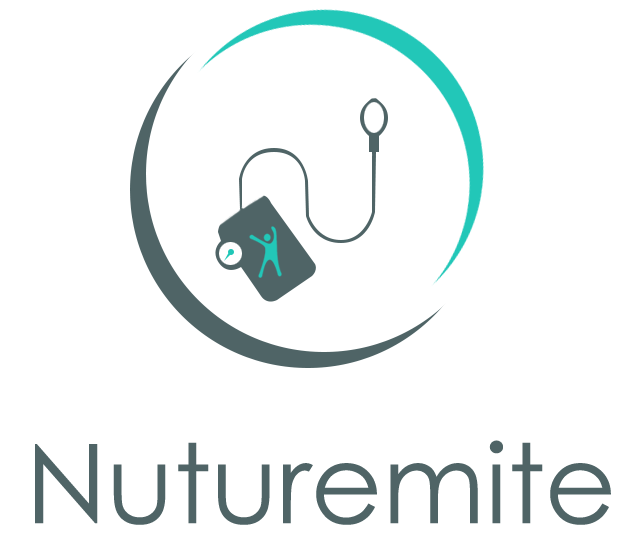Pregnancy: Thing you should know about pregnancy

Pregnancy is like the beginning of a whole new world for a woman. A woman witnesses several changes in her mind, body, and soul even before the arrival of her charm. During the term of nine months, your body and your baby are both developing and transforming in remarkable ways. So, a proper and well-balanced nutritious diet should be your matter of concern. Before trying to get pregnant, you should have good family planning as it is a big responsibility to bring a life in this world. You need to make a number of changes in your lifestyle for the sake of you and your baby’s health. This article will guide you to maintain a memorable and healthy pregnancy through proper exercise, nutrition, good habits, and all the things you need to avoid.
Pregnancy or gestation is the period of nine months during which one or more offspring develops inside a woman. On average, a complete gestation period lasts for around 40 weeks from the start of the last menstrual cycle. There are several symptoms of early pregnancy like nausea and vomiting, missed menstrual period, tender breast, frequent urination, and an increase in appetite. When the embryo gets attached to your uterine wall, it is called implantation. Signs of implantation bleeding, bloating, abdominal cramp, discharge of cervical mucus, nausea, tender breast, headaches, mood swings, and lowering of basal body temperature. This is the time when you should consult a gynecologist.
Exercises
Exercises have always been considered good for a pregnant woman. It prepares you and your baby for birth and regains the pre-pregnancy body more quickly. However, it can be harmful in certain cases like bleeding or spotting, low placenta, threatened miscarriage, previous premature births, and weak cervix. You should always consult your health care provider before beginning the exercise program.
According to the U.S. Department of Health and Human Services, 150 minutes of moderate-intensity aerobic activity each week is considered safe for healthy women but it should be taught by a certified aerobics instructor.
The safest and most productive activities include:
- Brisk walking for 3 days a week
- Indoor stationary cycling
- Step or elliptical machines
- Low impact aerobics
- Swimming
There are certain exercises that can be done during pregnancy but before starting, you should get exercise guidelines.
- Stretching exercises like neck rotation, ankle rotation, and leg shake
- Kegel exercises to help strengthen your muscles that support bladder, bowels, and uterus. It is done by imagining that you are trying to stop the flow of urine without the movement of the leg, buttock, or abdominal muscles.
- Tailor exercises like tailor sit and tailor press which strengthens the pelvic, hip, and thigh muscles and contributes to relieving lower back pain.
Certain activities that need to avoid include bouncing, leaping, a sudden change in direction, risk of an abdominal injury, and jarring.
Nutrition
A proper nutritious diet during pregnancy helps in brain development and maintain the healthy weight of the baby, and avoids birth defects. It reduces the risk of anemia and prevents fatigue and morning sickness amongst pregnant women.
The pregnancy diet should include sources of:
- Protein
- Vitamin C
- Folic acid
- Iron
- Adequate fat
- Calcium
- Other nutrients like choline
Whole grain and fresh fruits and vegetables should also be included in a well-balanced diet. Pasteurized milk, cheese, and juice should also need to add to the diet.
Refrigerated seafood and undercooked meat and seafood should be avoided in the diet.
Change in Lifestyle
The choices of good or bad lifestyle directly the health of your baby. Consumption of tobacco, drugs, and alcohol can cause serious risks to you and the baby. Smoking affects the blood and oxygen flow to the baby and can lead to reduced weight or even stillbirths.
Serious side effects of smoking are:
- Premature placental detachment
- Premature delivery
- Ectopic pregnancy
- Vaginal bleeding
If you are suffering from any substance abuse, you should seek help from health care providers without any delay. Women suffer from acute mood swings during pregnancy and develop aversions towards certain food. Pregnant women should always have an optimistic approach towards everything as pessimistic thinking can lead to adverse outcomes. Many mothers feel self-conscious about the baby weight they put on during the gestation period and suffer from depression leading to miscarriages. Acceptance of pregnancy affects various aspects of maternal life and one should stay motivated and be happy for the changes they witness.


Comment (1)
[…] Useful in Pregnancy – […]